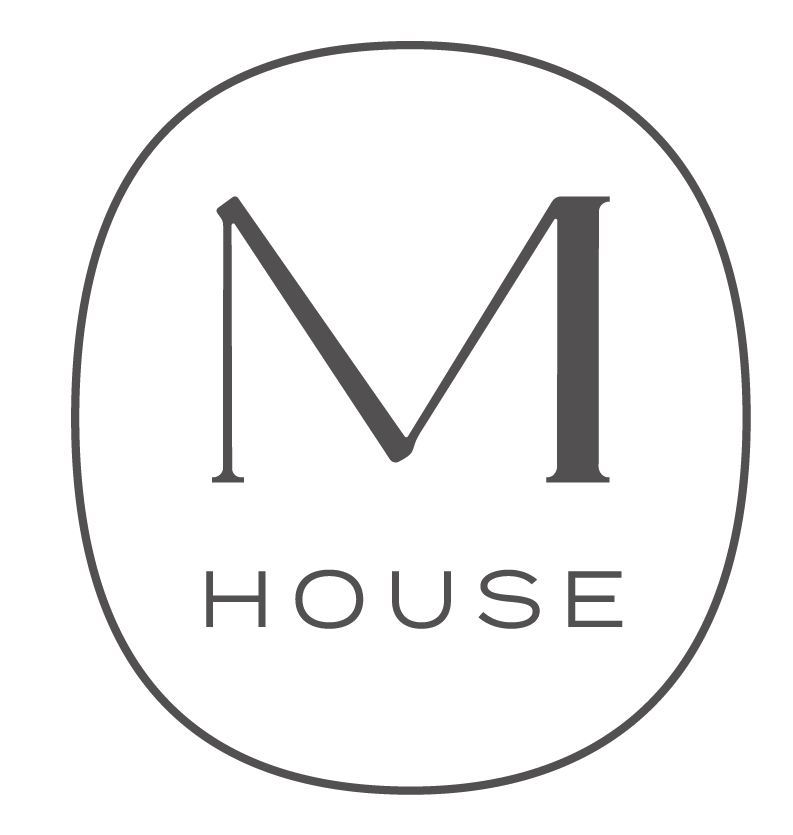6 Things to Do Before Talking with a Designer
If you’ve finally committed to working with a designer on your next big home project, congrats! For many families it’s an investment and a life changing experience, allowing them to utilize their home to its maximum potential and finally love where they live. So if you’re ready to jump in head first, the best place to start is a consultation. Talking with your designer about your hopes and dreams for the space lets you get to know them a little and see if your personalities are a fit. Here are a few things to have ready to make the most of this time:
1. Your budget. Start by doing a little research to adjust your expectations, and we’re not talking about watching HGTV. Home improvement shows aren’t the best model for your redesign because the budget number is typically way lower. The show usually pays for a crew and a stipend. The priciest element of any renovation will be any changes to structural details. Outside of the initial cost, you need to understand that any extras or additional demands you might come up with along the way can increase the price. We call it project creep. Being aware of what you can spend from the beginning is a great place to start.
2. Your space. Think about how you use the space you’re looking to renovate. What bothers you and what can’t you live without? We also have clients do a flow walk-through, a video that shows how they typically wall through the space.
3. Dimensions and basic info. Knowing the length, width and heights of the room or rooms is 100% necessary when planning out your space. A great space it isn’t just cool furniture placed together. Great design is all about how flow, function, furniture proportions, and placement interact with the vision of the space. Also, see how you feel about measuring and doing some of the legwork. E-design could be a good fit if this model is something you’re comfortable with. We also ask for horizontal and vertical images from each corner of the room and a video if the space is awkward. Images shot during the day are most helpful so we can see the natural light—and don’t worry about clutter, your designer can see beyond that!
4. Figure out your hierarchy of needs. Many times people want to spread a budget out over the whole house, but we recommend picking the rooms that you use and live in the most and going all in. It’s better to live in a space you love rather than spreading out little improvements over many rooms.
5. Research your designer. I would say this is the most important step. Don’t just pull someone off of Yelp, look at Instagram to guide you to their portfolios. Make sure you like their style and what they’re putting out in the world. We think it’s important to remind people that you’re most likely not going to be able to find someone who will give you a completely different look than what you’re already seeing in their portfolio. Obviously, we take people’s wants and needs into consideration, but it’s good to find someone whose style feels aspirational to you.
6. Gather your inspiration. Whether you consider yourself a design aficionado or not, it’s always imperative to gather some images you like so you start understanding your style. The best design always starts with a good plan.
Images: Erin McGinn














Roweam Anniversary Collection: Crafted with a deep appreciation for heritage, this collection is rich and understated, perfectly embodying the essence of Eternal Nostalgia.
ROWEAM’s “Eternal Nostalgia” collection seamlessly blends vintage allure with modern sophistication, a refined tribute to timeless elegance. Crafted to celebrate the harmonious interplay of past and present. With meticulously curated materials and expert craftsmanship, each piece exudes a timeless grace. Drawing inspiration from the transformative journey of vintage elements, this collection embodies a perfect balance of storied elegance and contemporary refinement, offering a symphony of classic charm and modern beauty.